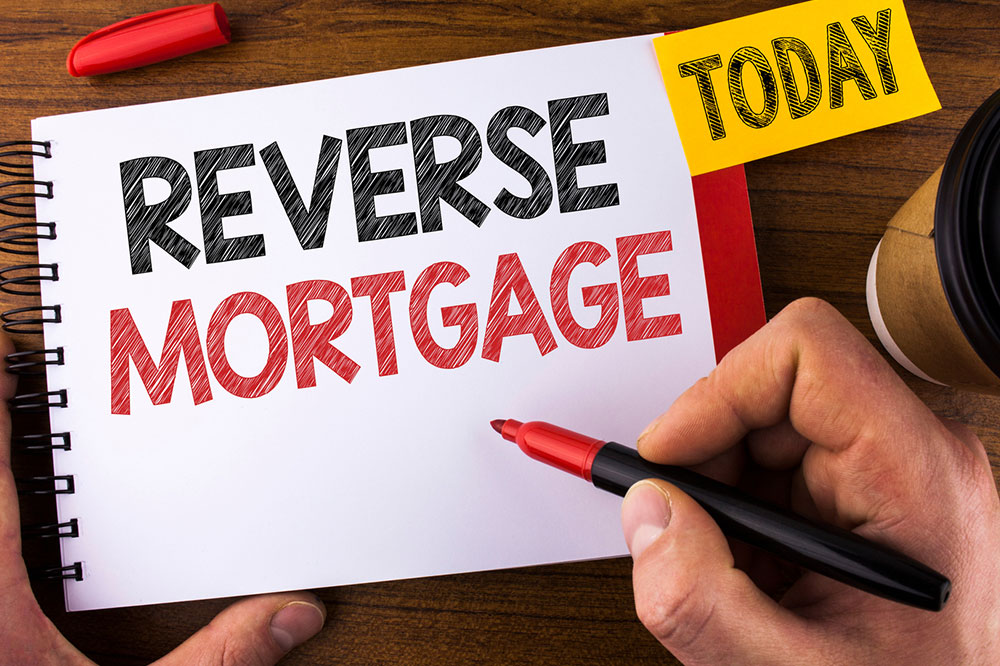Essential Insights Before Taking Out a Reverse Mortgage
This article provides comprehensive guidance for seniors considering a reverse mortgage, covering functionality, types, benefits, and costs. It explains how reverse mortgages work, the different available options, and the advantages of tapping into home equity without monthly payments. The piece also highlights important eligibility and cost considerations, helping seniors make informed decisions about this financial tool for retirement planning.

Important Information Before Opting for a Reverse Mortgage
Homeowners aged 62 and older can access funds by borrowing against their home’s equity through a reverse mortgage. Borrowers are responsible for paying property taxes, maintaining the property, and securing insurance following FHA standards. Prospective applicants should understand how reverse mortgages work, available types, benefits, and associated costs.
How Reverse Mortgages Work
The borrower can choose to receive funds as a lump sum, regular installments, or through a credit line for flexible access.
Unlike traditional loans, reverse mortgages don’t require monthly payments during the borrower’s lifetime. However, the borrower must cover property taxes, insurance, and home repairs. Upon the borrower’s death, heirs can settle the loan to retain ownership or the lender may claim the property. Moving out for over six months for non-medical reasons or a full year for medical reasons is seen as a change of primary residence.
Types of Reverse Mortgages
Home Equity Conversion Mortgages (HECMs)
These are federally insured reverse mortgages with set fee limits, allowing flexible fund usage. Backed by the FHA, they consider the home’s market value to determine loan limits.
Proprietary Reverse Mortgages
These are private loans not insured by the government, often with fewer restrictions and higher fees. They are available in select regions and may offer larger loan amounts based on the home’s value.
Single-purpose Reverse Mortgages
Offered by nonprofits and local agencies, these loans restrict usage to specific purposes like home repairs or property taxes.
Advantages of Reverse Mortgages
Access Cash Without Selling
Homeowners can tap into their home’s equity without giving up ownership, providing additional funds during retirement for lifestyle expenses or emergencies.
No Monthly Repayments
Repayment is deferred until the homeowner sells, relocates, or passes away. During the loan term, no monthly payments are required.
Retain Homeownership
As long as property taxes and insurance are up to date, borrowers keep ownership rights, with no lender claim on the house during their lifetime.
Flexible Payment Options
The loan allows choosing lump sums, periodic payments, or a line of credit, with options to modify these during the loan period.
No Impact on Social Security or Medicare
Funds received are considered a loan, not income, thus avoiding effects on social benefits.
Cost Structures
Initial costs include appraisal, closing, origination, and mortgage insurance premiums. Ongoing charges involve interest, insurance, and servicing fees. Fees vary, so consult lenders for current rates.










